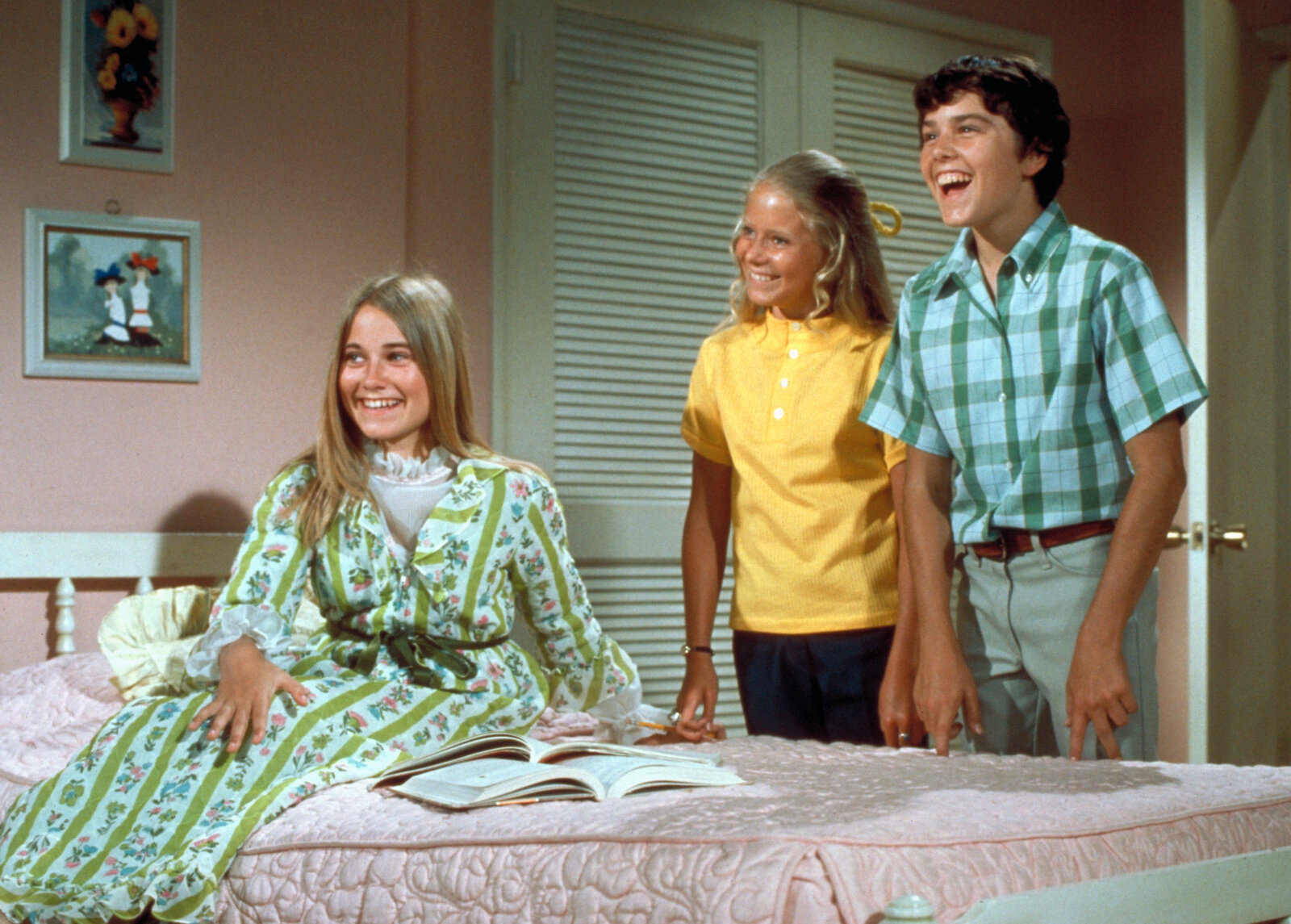How this compares to recent years...
And, writing this on a Sunday morning, I just heard that NPR's Hidden Brain will be running an episode on how we know what's "true", one story featuring a woman who was an "anti-vaxxer" and now has come around to the view that vaccines are important and that they work. In Washington State, New York City, and elsewhere health authorities and legislatures are tightening restrictions on both public-space access for the unvaccinated and exemptions to vaccination.
Interestingly--and despite the warning that measles is "deadly" and causes "severe complications"--the CDC reports that no deaths or encephalitis cases have been filed from any location in the U.S. There were 66 hospitalizations, and these include 3 cases of pneumonia. 71% of cases through April 2019 were in unvaccinated persons. 25% were in infants too young to be immunized with the MMR vaccine. And another 24% were too young to have been fully immunized (2 doses) at age 4. The remaining 51% were distributed among adolescents and adults.
One way to look at this is that 628 people who were unvaccinated or whose immunity status was unknown are now immunized against measles. Another interesting conclusion is that 11 cases of measles were in people who were fully immunized, much smaller than the number suggested by published reports of 98-99% long term protection in those who are immunized (that's good, right?). CDC data also suggest that the peak of this outbreak was in the 3rd week of March; by the end of April, measles had dropped to about 11 new cases nationwide. This is consistent with how most infectious disease outbreaks trend. Eventually, the epidemic fades.
I've written before (1, 2, 3, others) about what I believe are the real issues in the "vaccine controversy" or "vaccine debate" or whatever you want to call it, so I won't repeat all that here. But I thought that under the circumstances it might be a useful time to share snapshot of the reality of the current episode.
This outbreak is being sold as a failure. It's a failure of parents who don't "believe" in the science. It's a failure of doctors and nurses to sufficiently coerce parents into getting their kids immunized. It's a failure of state governments to restrict vaccine exemptions to only the most extreme circumstances (like an actual medical allergy). It's a failure of our society to "get on board" with this public health measure.
I think it is a failure too. For me it's a failure of our society to have a more effective conversation about health, disease, and health care. For anti-vaxxers whose kids just got over the measles without anything catastrophic happening, it just confirms what they already believed: measles isn't a very bad disease, and their kids turned out okay without the use of measles immunization. This news will spread throughout social media and further serve to undermine the messages of public health authorities, nurses, and doctors who promote immunization.
Stalemate.
What won't be discussed is that the reason this outbreak--so far--hasn't caused a wave of medical calamity (deaths, brain damage), is that this isn't a very serious disease. Older doctors who report how "devastating" measles was in the past, causing deafness, mental retardation, and of course death, don't address how much different public health and medical care were 40 or 50 years ago. That measles tends to cause complications in the poor, the undernourished, is not discussed. I have stated before that poverty, nutrition, safety, and hygiene are known to be key reasons for health problems and deaths that can occur from even simple illnesses like the flu, measles, or infant diarrhea.
This allows us to ignore the disparities in society. We can turn our sights away from systemic, societal problems--like racism, poverty, and hunger--and attribute disease outbreaks to stubborn parents who refuse to follow along in the hymnal like the rest of us righteous folk.
 |
| From NPR and ABC |
Interesting too is the story's report on how Merck Co. helped to shift the public's perception of the mildness of measles through educational campaigns like "Mission: Measles--The Story of a Vaccine." Of course, this was good for Merck. More immunizations = more dollars; witness this story from the New York Times about ever-higher vaccine costs.
I remember this episode of The Brady Bunch (we were a family of eight too, so we saw ourselves in that show), and although it can be argued that in the 1960s, there were worse diseases that did make measles seem less serious (smallpox, polio), maybe the impulse to make all diseases seem serious--no matter how little their real risk--does society a disservice. Maybe it distracts us from what we ought to be paying attention to, from what social and political policies really need to be changed.
And with that, I wish you all good health!


No comments:
Post a Comment